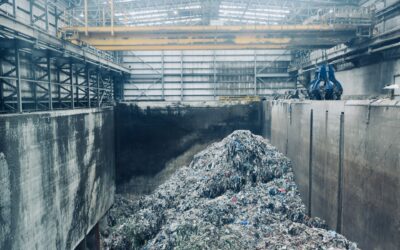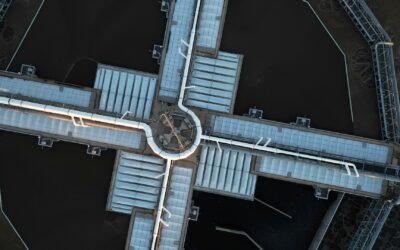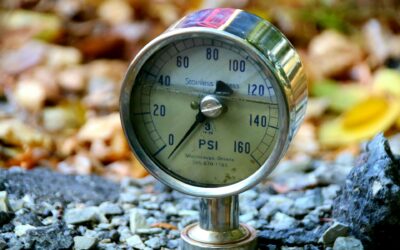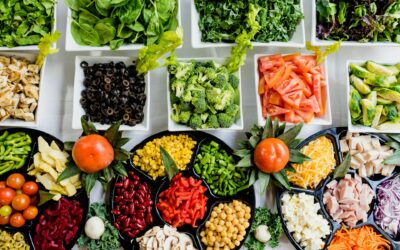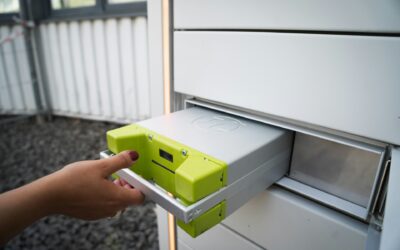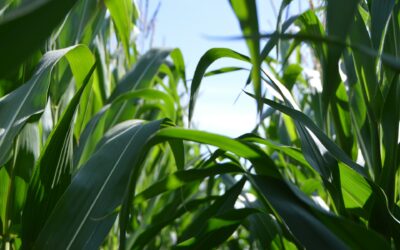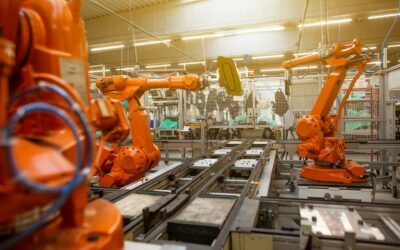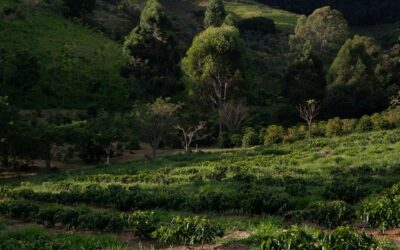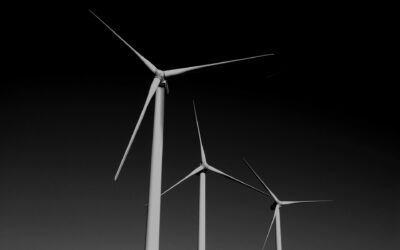Investment in S&T Scientific and Technological Capacities
R&D Programmes
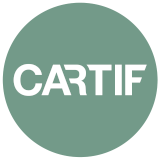
R&D Programmes
Scientific and technological capabilities
Description
The Research and Innovation Strategy for Smart Specialisation (RIS3) of Castilla y León for the period 2021-2027, is conceived as an instrument to increase the competitiveness of the activities in which Castilla y León is specialised, not only betting on its digital and ecological transition, but also taking advantage of digitalisation, decarbonisation and sustainability demanded at European and global level as niches of opportunity, without losing the hallmark of identity of Castilla y León. All this, under the premise of developing the scientific and technological potential of the innovation ecosystem of the Community, taking advantage of the existing capacities and developing those others that are required to address the economic and social challenges through the collaboration of public and private agents, with an international perspective.
In line with the RIS3 Strategy of Castilla y León, the aim is to boost the scientific and technological capabilities of the Technology Centres based in Castilla y León and thereby contribute to improving the competitiveness of the business fabric of the Community, especially SMEs, through knowledge and support for their various technological needs.
The purpose of this line of subsidies is to support the Technology Centres of the Community of Castilla y León to carry out investments in research infrastructures, thus strengthening their technological and scientific capacities, improving their positioning and at the same time reinforcing their transfer and support activities for the business fabric.
The subsidies, framed in this order, are co-financed by the European Regional Development Fund (ERDF), whose new programming framework is the ERDF Programme 2021-2027 of Castilla y León approved by Decision C(2022) 9470 of 12 December 2022.
CARTIF participation
CARTIF has been participating in this call since 2021, obtaining funding for 13 of the 15 projects submitted so far. In the 2023 call, the projects approved focus on the following topics:
- Study of the mechanical behaviour of recycled composite from the aeronautical industry and wind turbine blades.
- Efficient recovery of metals from spent electric vehicle batteries.
- Integral recovery of plastic and bioplastic waste for the sustainable production of renewable gases and bioproducts: an advanced focus on the bioeconomy and biodegradability. PROBIO project.
- Agrigenomics and next generation sequencing technologies.
- Incorporation of new equipment and processes to improve the advanced digital manufacturing laboratory.
- Study of the use of alternative protein sources from agro-industrial by-products.
Thematic blocks:
It doesn´t exist any restriction about sector or technology to develop.
Grant to support investment for the improvement of the scientific and technological capacities of the Technology Centres of the Community of Castilla y León (2023).
![]()

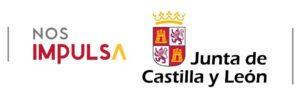
Co-financed with ERDF funds contributing to the Policy Objective “OP1: A more competitive and smarter Europe, promoting innovative and intelligent economic transformation and regional connectivity to information and communication technologies”.
Responsibles
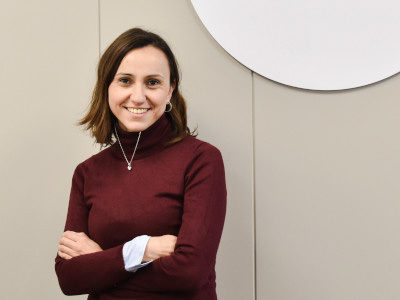
Irene Hompanera Velasco
Programs Department
Related projects
ICARUS
ICARUS will represent a breakthrough in the research and demonstration of new technologies to upgrade Secondary Raw Materials ensuring similar quality as primary raw materials, of three waste streams to improve circular economy principles in several intensive industries with its implementation in the construction sector
Controlled Environment and Plant Health Pilot (PAC-SAVE)
CARTIF ProjectsPAC-SAVEControlled Environment and Plant Health PilotDescriptionCARTIF's PAC-SAVE project aims to develop a Controlled Environment and Plant Health Pilot to investigate the resilience of crops and forests to climate change. Through advanced technologies...
Waste treatment for energy and material recovery in industrial processes
Increase the extractability of protein sources and other compounds of nutritional interest, naturally present in by-products generated in the transformation processes of the food industry, through the use of “green technologies” of pre-treatment such as extrusion
High-pressure processes for the generation of high value-added products
Increase the extractability of protein sources and other compounds of nutritional interest, naturally present in by-products generated in the transformation processes of the food industry, through the use of “green technologies” of pre-treatment such as extrusion
Advanced technologies for the development and characterisation of 3S food: healthy, sustainable and safe
Increase the extractability of protein sources and other compounds of nutritional interest, naturally present in by-products generated in the transformation processes of the food industry, through the use of “green technologies” of pre-treatment such as extrusion
Lifetime characterisation, safety and recycling processes in batteries
CARTIF Projects Lifetime characterisation, safety and recycling processes in batteriesDescriptionThe general objective of this action is to develop technologies and strategies to improve the characterisation of the useful life of batteries, increase their safety and...
Study of the use of alternative protein sources from agro-industrial by-products.
Increase the extractability of protein sources and other compounds of nutritional interest, naturally present in by-products generated in the transformation processes of the food industry, through the use of “green technologies” of pre-treatment such as extrusion
Incorporation of new equipment and processes to improve the advance digital manufacturing laboratory
Acquisition of advanced technological elements to enhance rapid prototyping services, as well as to support specific developments in the challenging processes of creating objects that are not available on the market or are costly to produce in limited quantities.
Agrigenomics and next-generation sequencing technologies
Implement advanced solutions to solve various problems linked to the agro-forestry and food sectors in Castilla y León, such as soil degradation, low agricultural productivity or the incidence of pests and diseases
Study of the mechanical behaviour of recycled composite from the aeronautical industry and wind turbine blades.
Increase knowledge of the mechanical behaviour of recycled materials from the aeronautical industry and wind turbine blades.
